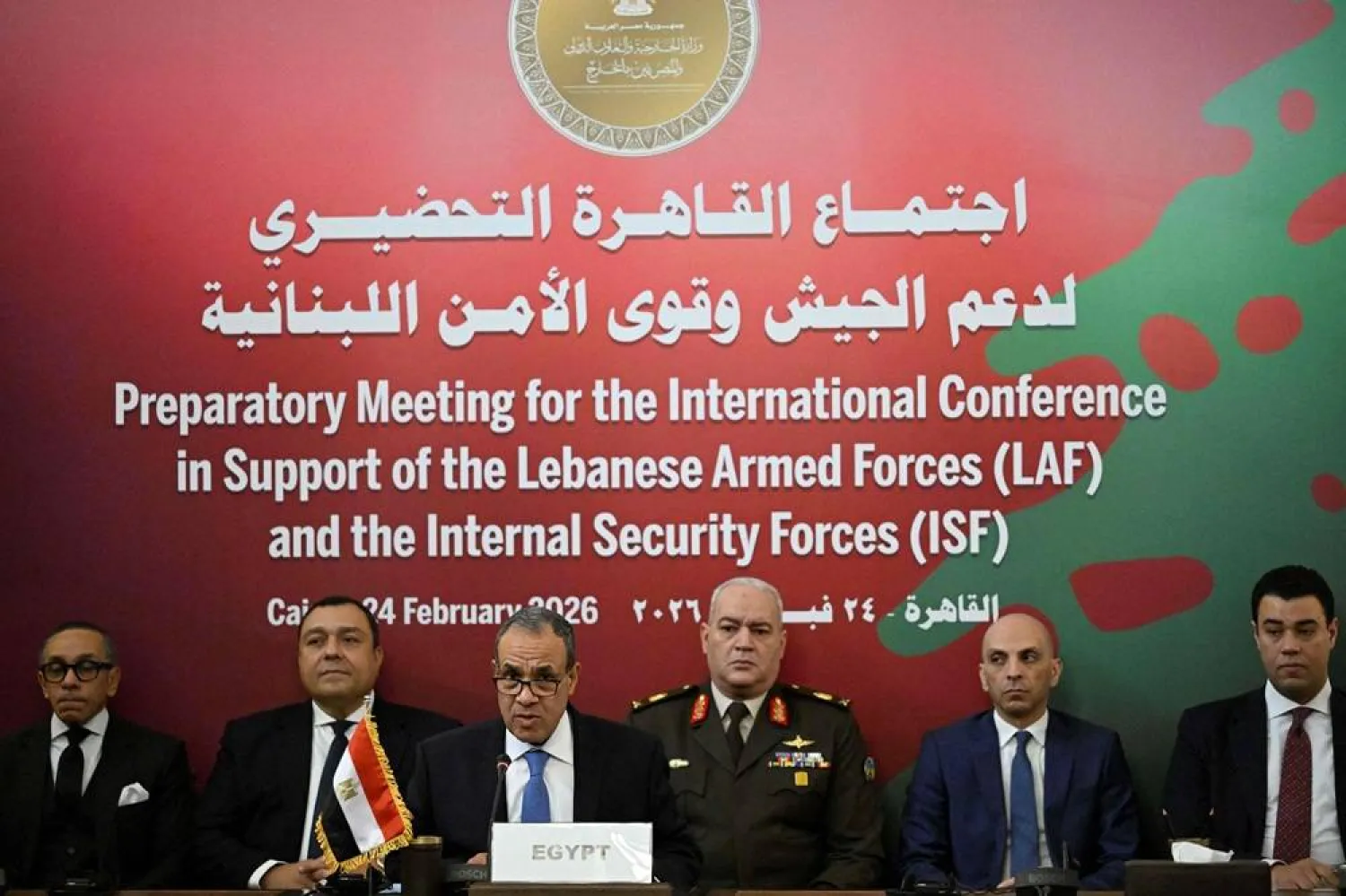Israeli strikes across Gaza killed 28 people overnight and into Sunday, including young quintuplets, local health officials said, as US Secretary of State Antony Blinken headed to the region to try to seal a ceasefire deal after months of negotiations.
The US and fellow mediators Egypt and Qatar said they were closing in on a deal after two days of talks in Doha, with American and Israeli officials expressing cautious optimism. But Hamas has signaled resistance to what it called new demands by Israel.
The evolving proposal calls for a three-phase process in which Hamas would release all hostages abducted during its Oct. 7 attack, which triggered the deadliest war fought between Israelis and Palestinians. In exchange, Israel would withdraw its forces from Gaza and release Palestinian prisoners.
The war has killed over 40,000 Palestinians, according to local health authorities, displaced the vast majority of the territory's 2.3 million residents and led experts to warn of famine and the outbreak of diseases like polio.
"It is as if we live a primitive life,” said Sanaa Akela, a displaced Palestinian now in the central town of Deir al-Balah, where sewage flooded some streets.
Hamas-led fighters killed some 1,200 people, mostly civilians, in the Oct. 7 attack and abducted around 250. Of those, some 110 are still believed to be in Gaza, though Israeli authorities say around a third are dead. More than 100 hostages were released in November during a weeklong ceasefire.
Several children placed in a single body bag
The latest Israeli bombardment included a strike on a home in Deir al-Balah that killed a woman and her six children, according to Al-Aqsa Martyrs Hospital. An Associated Press reporter there counted the bodies.
Mohammed Awad Khatab, the children's grandfather, said his daughter was a teacher, and the youngest child was 18 months. The others were 10-year-old quintuplets, the hospital said.
“The six children have become body parts. They were placed in a single bag,” he told reporters. “What did they do? Did they kill any of the Jews? ... Will this provide security to Israel?”
Another strike east of Deir al-Balah killed at least four people, according to an AP journalist at the hospital. A strike in the northern town of Jabaliya hit two apartments, killing two men, a woman and her daughter, according to Gaza's Health Ministry.
Another two strikes in central Gaza killed nine people, according to Al-Awda Hospital.
Late Saturday, a strike near the southern city of Khan Younis killed four people from the same family, including two women, according to Nasser Hospital.
Israel says it only targets fighters and blames civilian deaths on Hamas because the group conceals gunmen, weapons, tunnels and rockets in residential areas. But the Israeli bombardment has wiped out entire extended families and orphaned thousands of children.
Israel says ‘cautious optimism’ about ceasefire talks
Mediation efforts gained new urgency after the targeted killing of two top militants last month, both attributed to Israel, brought vows of revenge from Iran and the Lebanese Hezbollah, raising fears of an all-out war across the Middle East.
An American official said Friday that mediators were beginning preparations for implementing the latest ceasefire proposal, and Israeli Prime Minister Benjamin Netanyahu's office expressed “cautious optimism” that a deal could be reached.
An Israeli delegation was traveling to Cairo on Sunday for further talks, and Blinken will meet with Netanyahu on Monday morning.
Netanyahu told a Cabinet meeting there are areas where Israel can be flexible and unspecified areas where it won’t be. “We are conducting negotiations and not a scenario in which we just give and give,” he said.
Hamas has cast doubt on whether an agreement is near, saying the latest proposal diverged significantly from a previous iteration it had accepted in principle.
Hamas has rejected Israel’s demands for a lasting military presence along the Gaza-Egypt border and a line bisecting Gaza where Israeli forces would search Palestinians returning to their homes. Israel says both are needed to prevent militants from rearming and returning to the north.
Israel showed flexibility on retreating from the border corridor, and a meeting between Egyptian and Israeli military officials was scheduled for the week ahead to agree on a withdrawal mechanism, according to two Egyptian officials, who spoke on condition of anonymity because they were not authorized to discuss the private negotiations.









